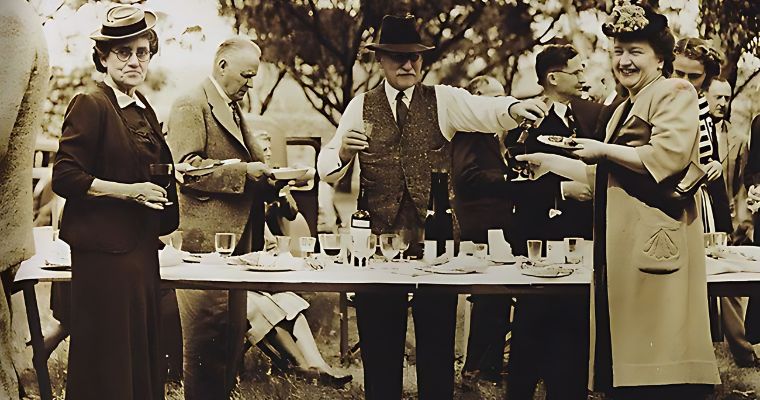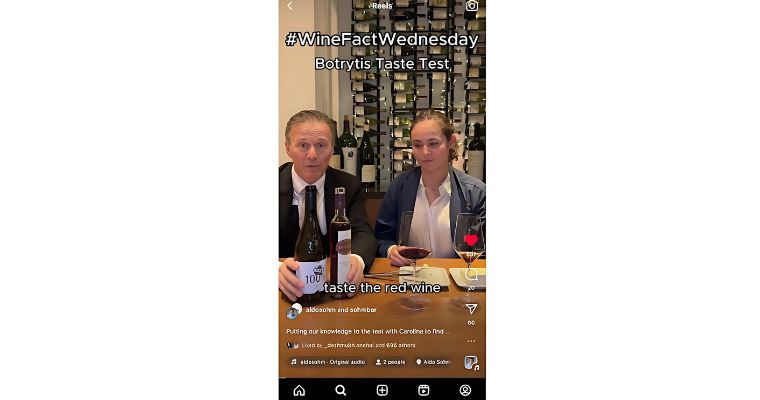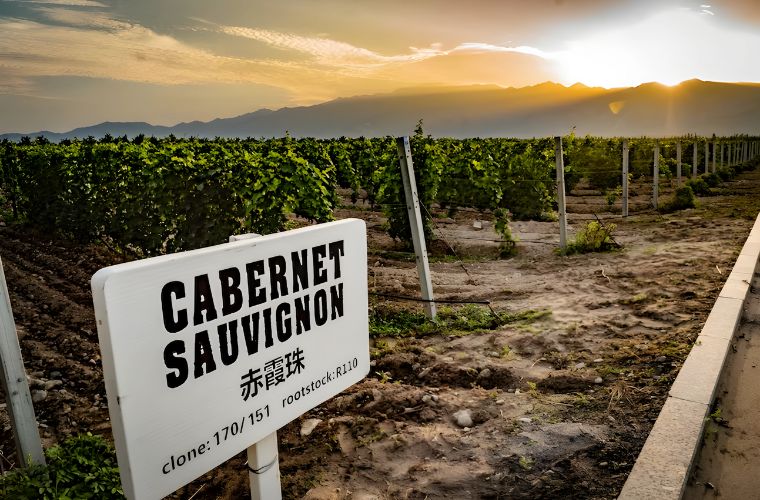Early Bird Ends
January 31, 2025
Judging
Date
May 19, 2025
Winners Announcement
June 10, 2025

Throughout the centuries, wine has been appreciated as a fine beverage and has seen its fair share of transformations. One pivotal factor in shaping the landscape of the wine industry is the role of sommeliers. In the dynamic commercial restaurant segment, where every element contributes to the overall success of an establishment, the role of sommeliers has emerged as an important factor influencing both financial prosperity and customer satisfaction. Research has shown that a well-curated wine list and excellent wine service enhance financial gains and cultivate increased customer satisfaction and loyalty. Especially in the multi-million dollar United States commercial restaurant segment, wine is an essential revenue source with a significant economic influence. This article focuses on the multifaceted impact of sommeliers, mainly how their decisions, shaped by considerations of value, variety, taste, and reputation, contribute to setting the trend and affect consumer preferences.
Traditionally associated with fine dining establishments, sommeliers were once considered exclusive to upscale restaurants. However, their influence has transcended the boundaries, with sommeliers now in diverse settings, including wine bars, boutique wineries, and online platforms. Sommeliers have transformed into critical contributors to the wine experience, offering insights into beverages' cultural and historical aspects while adapting to changing consumer preferences and global culinary trends. This expansion has democratized access to expert wine advice, allowing a broader audience to benefit from their expertise.

Source: Wine Guide Australia
Sommeliers play a pivotal role in setting new wine trends by exploring and championing lesser-known varietals, regions, and winemaking techniques. Their expertise allows them to identify emerging styles that align with evolving consumer preferences. Sommeliers actively engage with winemakers, attend industry events, and collaborate with peers to discover unique offerings. Sommeliers influence consumer tastes through their curated selections and recommendations, introducing them to innovative and diverse options. Social media and digital platforms amplify their impact, enabling sommeliers to share discoveries and contribute to the global conversation on wine trends. In essence, sommeliers serve as tastemakers, shaping the ever-changing landscape of the wine industry.
A notable example is the rise of natural wines, characterized by minimal intervention in the winemaking process. Sommeliers praised these wines for their unique flavors and the emphasis on terroir, leading to a surge in popularity among consumers seeking a more authentic wine experience. The natural wine movement has gained significant traction in recent years, challenging conventional winemaking norms. Leading sommeliers, such as Alice Feiring and Sam Harrop, have been vocal advocates for natural wines, emphasizing their organic and sustainable practices. This advocacy has spurred interest among consumers increasingly drawn to the transparency and environmental consciousness associated with these wines.

Source: The List
Beyond recommending wines, sommeliers play a crucial role in educating consumers about the nuances of wine. Their ability to describe complex concepts, such as terroir, grape varieties, and winemaking techniques, empowers consumers to make more informed choices. As consumers increasingly seek experiences and authenticity, sommeliers contribute to this shift by curating lists that reflect quality, cultural, and environmental considerations. Through tastings, wine training, and engaging storytelling, sommeliers bridge the gap between producers and consumers, fostering a deeper appreciation for the artistry behind each bottle.
In the age of social media, sommeliers have embraced digital platforms to extend their influence beyond the borders of physical establishments. Platforms like Instagram, where sommeliers share their insights, recommendations, and behind-the-scenes glimpses, have become virtual classrooms for wine enthusiasts. This online presence amplifies their impact and contributes to the democratization of wine knowledge.

Source: Aldo Sohm
The role of sommeliers extends beyond the global stage, influencing regional wine landscapes as well. In areas with emerging wine industries, sommeliers can be catalysts for growth by promoting local varietals and producers. Sommeliers highlight the unique characteristics of local terroir, encouraging a sense of pride and connection within the community, and setting a trend of “Drink Local.” This boosts the region's economic vitality and fosters a cultural appreciation for the distinct flavors and traditions associated with local beverages.
[[relatedPurchasesItems-61]]
This phenomenon is evident in the recent resurgence of regions like Etna in Sicily and Hebei in China, where sommeliers have played pivotal roles in elevating the reputation of local wines on the international stage. By showcasing the distinct characteristics of these native regions in their wine programs, sommeliers contributed to the region's renaissance, attracting attention from critics and consumers.

Source: ABC News
In the ever-evolving world of wine, sommeliers are influential guides, shaping trends and consumer preferences. Through their expertise, advocacy, and educational efforts, sommeliers bridge the gap between producers and consumers, fostering a deeper appreciation for the art and science of winemaking. While sommeliers wield considerable influence, their role is challenging, and some argue that the subjective nature of wine appreciation may lead to biased recommendations influenced by personal preferences or industry trends. Striking a balance between expertise and approachability is crucial for sommeliers to maintain credibility and appeal to a diverse audience. As the wine industry continues to evolve, the role of sommeliers is poised to remain a dynamic force, shaping the future of wine consumption and appreciation.
Header Image Source: Sommeliers Choice Awards
Article By Tushar Anand, Beverage Writer & Sommelier
2025 Sommeliers Choice Awards submissions is now open for domestic and international wines. Enter your Wines now to get the early bird pricing.
